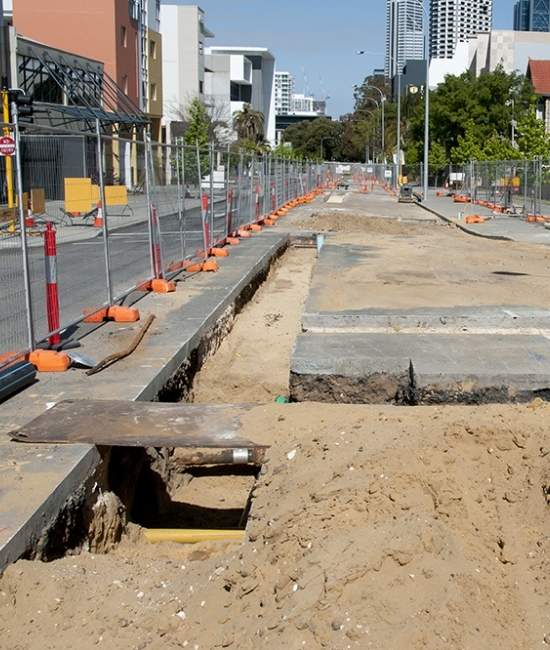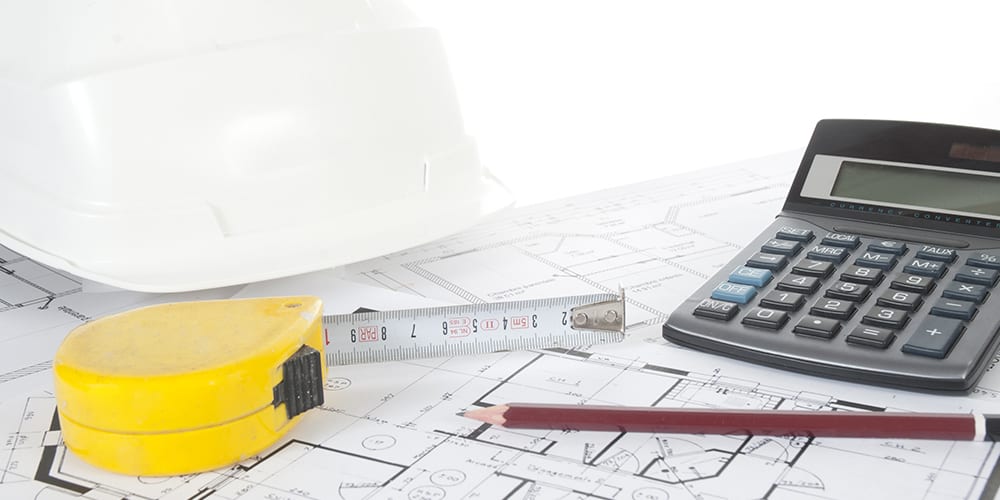Duties, roles, and responsibilities of a quantity surveyor, in a nutshell, the Quantity Surveyor is a valuable resource for any construction project that ensures timely delivery of the project with minimal effect on expenses.
In these modern times, the effectiveness of a project lies in the proper use of its resources with minimum possible expenses. To achieve this goal construction project owners are hiring experienced and effective quantity surveyors more than ever before.
Wearing so many hats throughout the life cycle of the project, Quantity Surveyors maximize operational efficiency. This is done by negotiating the best possible value for the owner’s money and keeping the expenses as low as possible.
Using their negotiation and mediation skills these surveyors are able to keep the project on track even when there are unexpected incidents that could have caused delays otherwise.
The feasibility and expense report generally to keep the owner or their employer abreast of the progress and helps in deriving maximum efficiency during the project lifetime.
Role of a quantity surveyor in construction:
During the lifetime of a project, the quantity surveyor wears many hats – and his roles include cost estimator, negotiator, project coordinator, and the most important role of expense manager.
An efficient and effective surveyor may have a ton of experience. Working on different projects in different industries builds a strong portfolio of experience for the surveyor.
This helps the project manager complete the project within the stipulated budget without compromising on the quality and quantity of material being used.
During the project timeline, a quantity surveyor prepares important reports such as Feasibility Reports, Expense Reports, Valuation Reports, and other various reports along the way.
Contact us for a Chartered Quantity Surveyor Perth, Australia call us on 0498 202 445 or email us at info@measuremanage.com.au

Cost Estimate
Project Co-ordinate:

Managing Finances:
One of the major roles of a Quantity Surveyor is managing the project finances. An efficient quantity surveyor shall make sure that the project’s costs remain within the stipulated budget. The budget is calculated before the start of a project based on the designs prepared.
The quantity surveyor achieves this by working closely with all parties to procure optimum value products with the best quality. An effective tool to use in this scenario would be to prepare frequent reports tracking the project costs. The quantity surveyor can then compare these reports with the original budgets in order to track financial progress.
Contact us for a Chartered Quantity Surveyor Perth, Australia call us on 0498 202 445 or email us at info@measuremanage.com.au

Pre And Post Contract Quantity Surveying Duties

Keeping the project on time:
Although the project plans are initially designed before the start of a project, these documents help in preparing the actual budget. However, there are always surprises in any construction project.
Some scenarios could include weather delays, unforeseen delays, materials shortages, labour shortages, bad ground delays, and many more. Another glitch in the project could arise due to a dispute between two parties such as contractors and subcontractors.
In such situations, the negotiation and mediation skills of the Quantity Surveyor come into play to try to resolve the issues fairly and reasonably. Keeping the expenses within the budget is key to the successful completion of the project.
As far as the dispute between the project team members is concerned, a quantity surveyor should use his experience to play the role of a mediator in order to avoid delays in the project.
Timely Payments to Stakeholders:
One of the major roadblocks in any project is the delays in payments. A quantity surveyor plays a key role in avoiding this roadblock. Since the beginning of the project, the expert has a keen eye on the budget and associated costs.
Having years of experience under his belt, the surveyor is able to negotiate the best prices for every task. This homework helps the owner make timely payments to project stakeholders such as Contractors, Engineers, and Workers, etc. To keep the project on track, Quantity Surveyor keeps track of all payments.
After every chunk of payment, a surveyor checks the expense report with the allotted budget. Keeping a close eye on everyday expenses helps the management keep the project costs within the stipulated budget.

Duties Of A Quantity Surveyor
Site visits and future projections of tasks ahead:
An ideal quantity surveyor has a strong eye for detail and always keeps a foot on the ground. They make regular visits to the construction site. These visits serve many purposes such as getting an actual feel for the progress of the project, face-to-face interaction with the construction team, and analyzing the task requirements ahead of time.
Having face-to-face interaction with the construction team gives him/her a strong idea of the concerns and issues of the people on the ground. Taking all his notes, the surveyor is able to go back to the drawing board and make any amendments if need in the tasks ahead.

To Sum Up
Measure Manage is committed to ensuring we satisfy all our customers’ needs at a reasonable cost. We always want to learn new ways to improve our services. Leave us a comment and let us know what you enjoyed and what you did not like. Remember, Measure Manage is always willing and available to answer your questions.
Join Us On Linkedin Now And Let Us Help You Drive Your Project To Completion. Do Not Miss Out On Our Latest Blogs! Join Our Mailing List Today!
Contact us for a Quantity Surveying Services in Perth, Australia call us on 0498 202 445 or email us at info@measuremanage.com.au


